Replacing ZnO in tackling postweaning diarrhoea
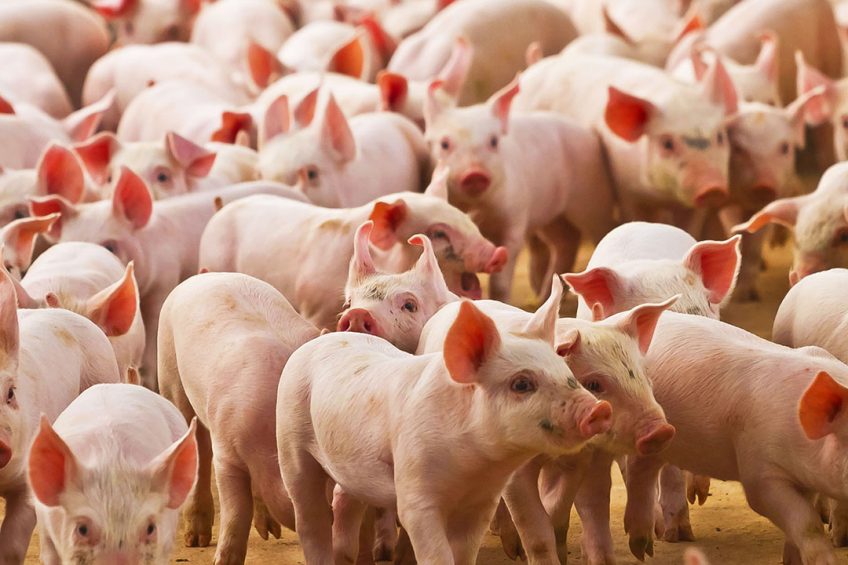
Piglets experience significant stress when they are weaned from the sow and change diet, making them susceptible to gastrointestinal disorders. Primarily during the first two weeks after weaning, they are likely to suffer from post-weaning diarrhoea (PWD). Historically, zinc oxide was used to tackle post-weaning diarrhoea, but efficient alternatives are emerging.
PWD is a major problem for pig producers worldwide: it leads to severe dehydration, stunted growth and mortality rates of up to 20-30%. Treatment and additional labour costs further squeeze farm profitability and introduce unwanted antibiotic interventions.
Zinc oxide: An effective but highly problematic tool
Since the early 1990s zinc oxide (ZnO) has been used to control post-weaning diarrhoea and promote growth in piglets, mainly at pharmacological dosages of 2500 to 3000ppm. Its mode of action is still not entirely understood; effects on immune or metabolic processes, altered microbiota, or post-absorptive metabolism are likely to play a role. What is clear is that the use of ZnO in European pig production has strongly increased since the EU banned the use antibiotic growth promoters such as colistin in 2006 to curb the development of antimicrobial resistance.
Pigs have a marked physiological need for zinc, and modern diets include zinc supplementation to meet the animals’ requirements. However, it’s still a heavy metal: too much zinc is toxic for the animal, hence its physiology ensures that excessive zinc intake is excreted. The bioavailability and absorption of zinc from zinc oxide is particularly low, so that most of the zinc given to piglets in this way accumulates in their manure and from there contaminates soils and groundwater.
EU ban: ZnO to be phased out by 2022
The significant environmental concerns caused by zinc pollution are the primary reason that the European Medicines Agency (EMA) concluded in 2017 that the benefits of preventing diarrhoea in pigs did not outweigh ZnO’s risks. By June 2022 all EU member states will have to withdraw marketing authorisations for veterinary medicinal products containing zinc oxide.
In its decision the EMA’s Committee for Medicinal Products for Veterinary Use also points out the risk that the use of zinc oxide might promote the development of antimicrobial resistance. High doses of zinc supplementation have been shown to increase the proportion of multidrug-resistant E. coli and Salmonella, two of the most important pathogens in pig production.
What is more, studies show that excessive zinc can accumulate in the liver, the pancreas and blood serum, and that it permanently reduces the lactobacilli population of the gut flora. With what consequences for performance in the fattening phase? Hence, there are plenty of reasons why getting rid of zinc oxide is a good thing – but, of course, only if effective replacement strategies to control PWD and boost piglet performance are in place.

Towards zero ZnO: Smart feed additives optimise gut health
The search for ZnO alternatives takes us right back to the start, piglets’ challenged gastrointestinal tract. Post-weaning diarrhoea is a consequence of intestinal dysbiosis, which in turn is induced by the dietary, behavioural and environmental changes during weaning. PWD control thus starts with managing these stressors, which includes ensuring sufficient colostrum intake, gradual feed changes, and meticulous nursery hygiene. Critically, the weaning diet needs to optimally support gut health. Intelligent feed additive solutions are able to:
- strengthen gut wall integrity,
- minimise pathogenic microbial growth, and
- induce a positive microflora modulation of the microbiome
A synergistic combination of phytomolecules, medium-chain fatty acids and prebiotics achieves these objectives in a reliable and cost-effective manner. Thanks to their antimicrobial, anti-inflammatory and digestive properties these natural ingredients stabilise piglets’ intestinal flora, boost their feed intake and sets them up for strong and sustainable health and growth performance.
References available on request
 Beheer
Beheer
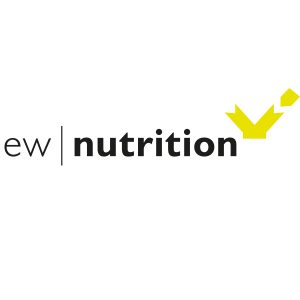
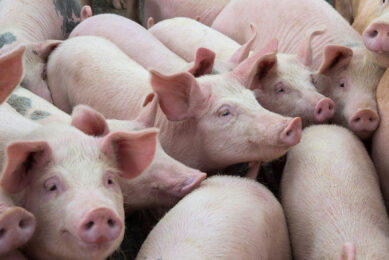
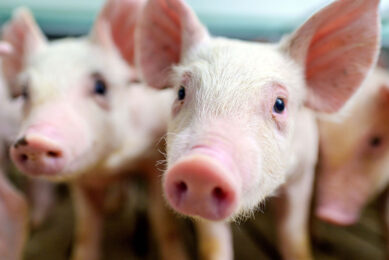
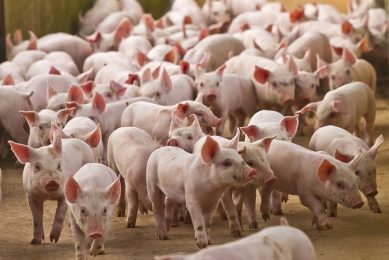
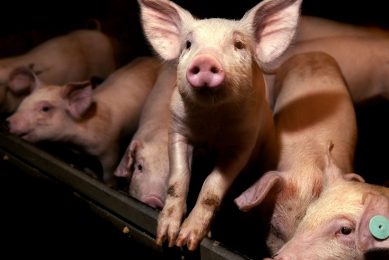
 WP Admin
WP Admin  Bewerk bericht
Bewerk bericht